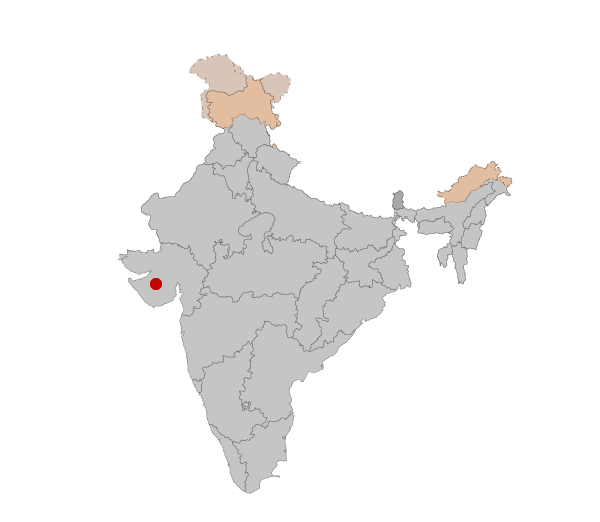No Transportation

L's family lived in a one-room flat and shared two bathrooms with 9 other families. A big blue water storage tank outside their house simultaneously greeted all visitors to the house and defined the residents’ daily struggles to get sufficient water. The street in front of the house was generally peaceful, with the occasional sounds of children playing or women calling out to each other across the street. But at 9 am sharp, when the municipal water supply was turned on, everyone had only one thing on their minds: to collect as much water as they could. L married her husband, R, ten years ago. He worked as a labourer at a factory and she sewed clothes for people at home. The building they lived in was owned by a religious charitable organisation which provided lodgings for people of faith. A religious symbol for warding off bad energies hung above the front door.
L and her neighbours were very supportive of educating their children well and of its use in upward social mobility. L belonged to a lower strata of Sunni muslims and had perhaps accepted that while she and her family did not have equal opportunities in society, education was their way out.
